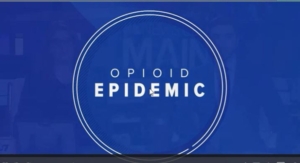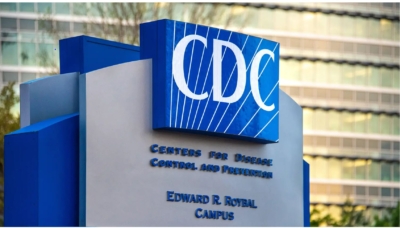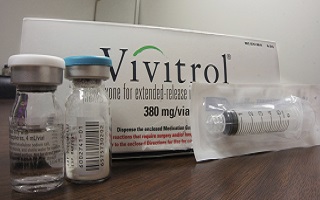Sober houses help fill the gap in addiction treatment and services
AUGUSTA, Maine — In 2021, Maine saw an estimated 636 people die from fatal overdoses, shattering the 2020 record of 504 fatalities, according to a report by the Rural Drug & Alcohol Research Program at the University of Maine’s Margaret Chase Smith Policy Center.
Experts have said the crisis is being exacerbated by the lack of treatment programs, but sober living homes in Maine are helping fill that gap for people who need support now to get on the path to sobriety.
Angie, who asked us not to use her last name, runs a tight ship as the manager of Enso Recovery, a sober house in Augusta.
“They have their curfew, which is 10 p.m. on weekdays,” Angie said.
Helping run the Enso Recovery home for women is a busy job.
Enso Recovery operates recovery homes and treatment facilities for men and women in Augusta and Sanford.
There are also mandatory “house” meetings, where the women learn how to administer Narcan or naloxone, which can reverse an opioid overdose.
Women do chores, shop and cook meals, and attend intensive outpatient therapy five days a week at a clinic next door. The majority of the staff also are in active recovery, including Angie.
The loss of her young son Teegan resulted in a dependency on heroin. Angie did several stints in long-term treatment facilities but always relapsed. Finally, after promising her oldest son that she would get clean as a graduation present, she came to Enso in the fall of 2020.
“He didn’t want to get that call that his mother overdosed,” Angie said.
Angie learned to take accountability for her addiction, and after making progress was allowed to take college classes with the goal of becoming a substance use counselor.
Steve Danzig, executive director of Enso Recovery, said the program supports clients with social services, jobs, and educational opportunities to help them be successful when they are ready to live on their own.
While they are not a replacement for residential treatment, recovery homes provide a critical safety net at a time when inpatient beds in Maine are very limited.
“If we don’t have a place to put somebody, we will find a place to put somebody. You can’t wait,” Danzig, who has been in recovery for 25 years, explained.
Now a certified peer recovery coach, Angie helpings other women struggling with the same demons. She is also forever grateful to her son.
“He tells me that he loves me, and he is proud of me,” Angie said.








Leave A Comment